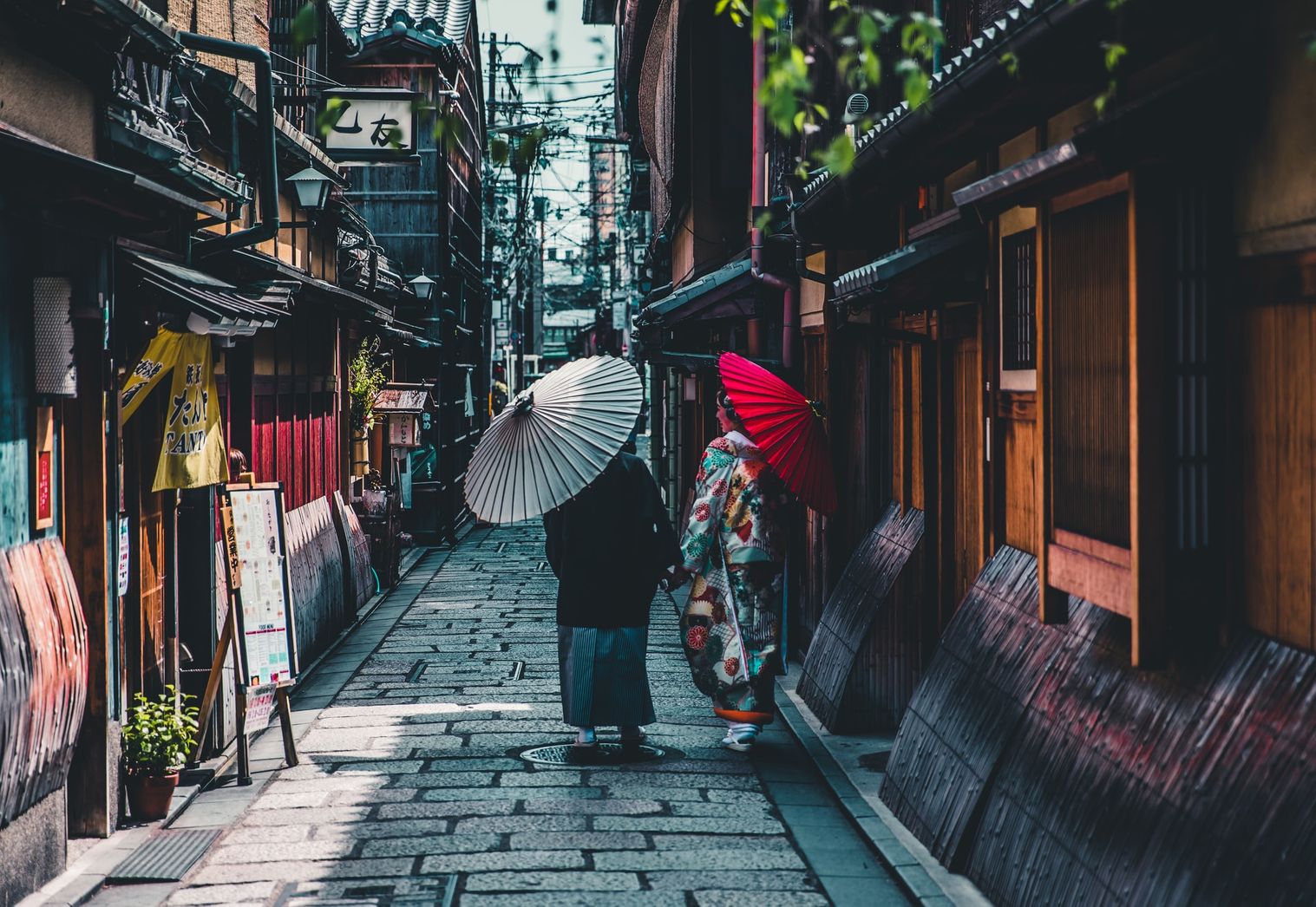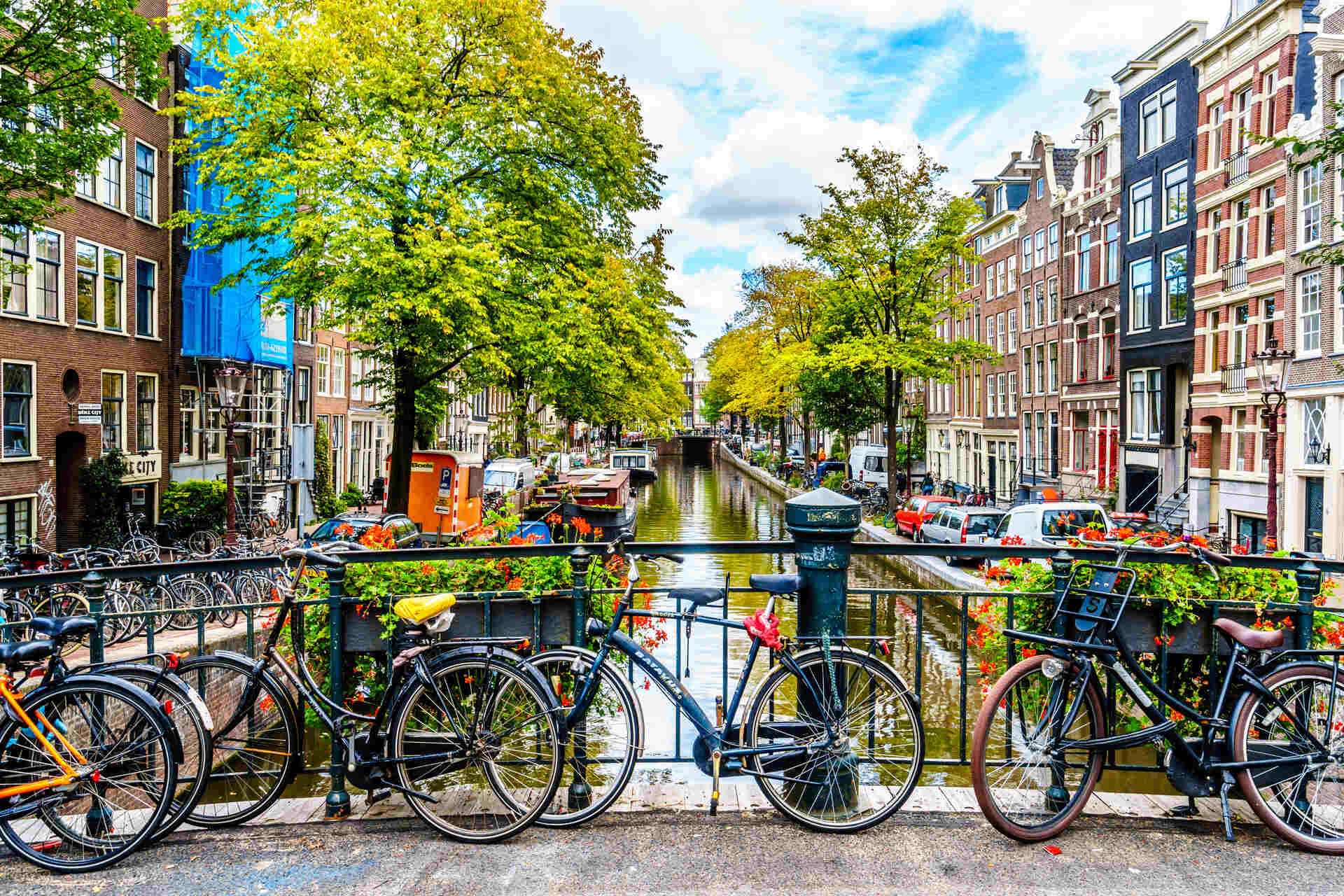

Relocation is one of the most stressful events in a person’s life. It’s especially true when it comes to international moves since you’re relocating to a highly unfamiliar environment. There is no surprise that many are wondering how to move to a new city and adjust to drastically different surroundings. This is all manageable, though – as long as you’re ready to truly invest yourself in it.
Relocating to a different city abroad and adjusting to another culture means that you must suppress the initial phases of culture shock. There are several ways of doing so, but be sure to combine them all for the ultimate result. Consider researching the area and learning the country’s official language (if it’s foreign) even before the move. After that, explore the surroundings, enjoy local food, make friends and get to know social practices and customs. Simultaneously, keep in mind that a well-organized move will only ease the transition.
Prepare for Inevitable Culture Shock Life in a New Country Will Bring
Whether you decide to move across the world or pick some closer destination, you must count on experiencing the culture shock. Remember that it will take some time to adjust to another country after being exposed to a culture different from your own. Unfamiliar surroundings, language and customs you are not used to, and people you’re not familiar with can all prolong the transition process.
The amount of culture shock will depend on how your own culture is different from the new one. Naturally, relocating to Canada should be much easier than moving to the Bahamas, but remember that the adjustment period is needed in both cases. However, some relocation hacks can help you adapt to a different place faster – and we will continue to discuss them in the following text.
Which Adjusting Phases Should You Expect after Moving to a New City?
According to scientists, there are five stages of culture shock many expats go through after the move:
- The honeymoon phase – fascination and excitement,
- Crisis or regression stage – anxiety and homesickness,
- Gradual adjustment – curiosity and improved confidence,
- Adaptation – starting to feel at home in another country,
- Re-entry stress – adjustment to a place that once was your home
Be aware that you’re not always going to experience only positive emotions. Instead of fighting against negative ones, embrace them – let yourself feel everything. It’s one of the best ways to get over them and progress to the next stage of the adjustment process.

How Do I Move to a New City? Proper Research Should Be Your First Step
Look at it this way – the better you’re prepared for what’s coming, the less time you’ll need to adapt to different cultures and surroundings. Therefore, as soon as you decide to move abroad and choose the right area for yourself, google all you need to learn about your future home. Get informed about people’s customs and lifestyles, and read about the future country. Simultaneously, don’t undermine the importance of local music, movies, literature, and arts in general, since they are all bound to provide you with excellent insight.
In order to adapt to your future place fast, you must also learn about some more practical aspects of life, such as the cost of living, healthcare system, laws, job market, education, safety, housing, and things alike. The more you know, the better you’ll be able to plan the move and everything that comes after it, which will result in a faster adjustment.
Start Learning the New Language Before Moving
Relocating to a place with a foreign language can represent a significant obstacle for quick adaptation – breaking a language barrier takes a lot of your will, time, energy, and patience. If that’s the case, be sure you go through some language courses and use apps designed for language learning.
Getting a hold of a few tips for learning a new language before the move will help you manage life abroad better, but remember that it’s also an excellent way of learning about another culture. Take a look at the video below and find out some useful foreign language learning tricks:
Once You Move, Plan a Lot of Excursions and Tours
Exploring your surroundings is one of the most important things to do when relocating abroad and one of the fastest ways to learn about the unfamiliar. What does it imply? It differs from one person to another, so it can include:
- Enjoying the city’s parks and other green surfaces,
- Checking trendy bars and dining places,
- Watching favorite sports events,
- Visiting famous landmarks, museums, and galleries,
- Looking for venues, theaters, and other entertainment options,
- Finding kid-friendly amenities (if you’re relocating with kids).
The more you discover, the less you’ll feel like an outsider. On top of that, make sure you find your favorite spot(s) that will provide you with a feeling of security and happiness. Each time you start feeling a little bit down (and those times will undoubtedly come), you’ll have your safe heaven to get you out of it.
Learning about Different Customs Is a Must When Moving Abroad
Judging others’ behavior and beliefs based on the standards inherent to your own culture is a common phenomenon called cultural bias. It’s often easy to forget that our beliefs, behavior, and thoughts are the products of the environment we grew up and live in. Once you change the said environment, you’ll meet people who think and act much differently than what you’re used to.
Everything from simple customs to whole social and work etiquette can significantly differ between cultures. Did you know that it’s considered rude to ask for salt in Egypt or that in France, you can offend your hosts if you decide to bring wine? Simultaneously, while tipping is part of American culture, it’s considered an insult in Japan?
Naturally, you can’t learn all the customs at once, so mistakes are expected. The key is to approach these differences with open-mindedness, ask questions when needed, and learn from each new experience. Getting out of your comfort zone is unavoidable after moving overseas, but, in return, you’ll get to expand your horizons and achieve great cultural awareness. Once you learn to approach a nation’s mindset and perspective judgment-free, you’ll be surprised how easy the adjustment process will go.
Explore a Different Environment Through Food
There is no denying that food is one of the essential parts of any country’s identity, so local cuisine is one of the best ways to learn about different cultures. Therefore, once you move to another country, create a list of the city’s top restaurants and start tasting local delicacies – and be brave! Experiment, find out your favorites and even discover dishes you don’t like because it’s all a part of familiarizing yourself with a different place and its culture.
Make Friends After the Move and Gain Many Significant Benefits
Meeting locals is a necessary part of each relocation, especially if you’re relocating abroad alone. You’re leaving your loved ones thousands of miles behind, so feelings like loneliness and homesickness are expected. However, creating other friendships when living overseas can help you reduce negative emotions and make another, much closer safety net after the move. Simultaneously, meeting locals will bring different cultures, perspectives, and behaviors closer to you, which will help you adapt.
But how to meet people after relocation? Try becoming a part of the local community, volunteering, offering your help and support, and participating in many community events. On the other hand, you should also continue practicing your hobbies. Whether we’re talking about physical exercises, reading, cooking, or knitting, try finding people who share the same interests as you.
Get in Touch with Expat Communities, as Well
People with different cultural backgrounds should not be the only ones to befriend when you plan to live in another country. You should also get in touch with local US expat communities and meet people who once stood where you are now. Maybe you won’t have the same reasons to move, but they can help you immensely by sharing their experience of living in another country and give you a number of valuable tips that will help you adjust faster. There are many ways to meet expats, from social media to meetup groups – be sure you use them all.

Plan the Move to the Fullest
Poorly managed relocation can also interfere with your life after the move. Any bump on the road threatens to add more to your relocation stress, creating a predominantly negative experience that can even cause depression after the move. Bad post-relocation emotional and mental states will procrastinate the adjustment, so you must do whatever you can to avoid them.
Good organization is the key to success, and that can be applied to the international movement as well. So the relocation can run smoothly, be sure all the items from the following to-do list are checked.
Gather all the necessary documents in a timely manner
One of the most important items in your relocating abroad checklist should be obtaining documents needed to travel abroad, such as a visa and a passport. Additionally, ensure that all other essential documentation is packed (marriage certificates, medical and school records, and the like).
Create a relocation budget
So you can plan the move properly but also manage your finances abroad, you must find out how much money is at your disposal. It will also provide you with the knowledge of where additional saving is required.
Get a reliable international moving company
International moving by sea or air is almost impossible without the help of professional movers, so you must look for a trustworthy and reputable company. Simultaneously, you must decide where you’re going to get packing services or rent a storage unit as an additional option.
Declutter
International moves are costly, which is why you would want to bring only the relocation essentials. Keep only those items you use regularly and those with exceptional sentimental value and purge through everything else.
Inform others about the move
Aside from your loved ones, some official institutions also need to be notified about the move. Banks, loans island insurance providers, IRS, DMV, SSA, and utility providers all must be informed about the address change.
Living With Friends, Renting an Apartment, Finding a Roommate – Explore Different Housing Options
Your future housing situation must also be planned. What is the preferable housing you’re relocating to? Do you want to buy another home or rent an apartment? Do you plan to live on your own, or do you need to reduce costs by getting a roommate? Those are all the things to consider and determine before or shortly after the relocation date.
Think About the Job Opportunities
Before the relocation comes, you must also consider how you’ll be able to support yourself financially in the future. Modern technology made it possible to look for work even from different continents or at least explore job opportunities and positions in demand. Don’t let this opportunity slide – update your LinkedIn account, check job searching websites and find work even before you hop on the plane.
Now That You Know How to Move to a New City, Ensure You Hire the Best Relocation Team to Do So
This kind of a life change isn’t easy, so you should do whatever it takes to make it more bearable. However, when you want to move efficiently and without a fuss, ensure you choose prime-quality movers to make that happen. They will deal with many tiring and challenging relocation tasks. That way, you’ll be able to focus your attention on other vital parts of the move and make your transition faster and more enjoyable. With the proper assistance, you’ll be able to settle in another city in no time.






